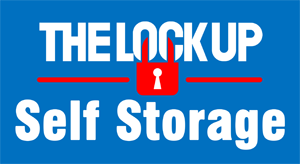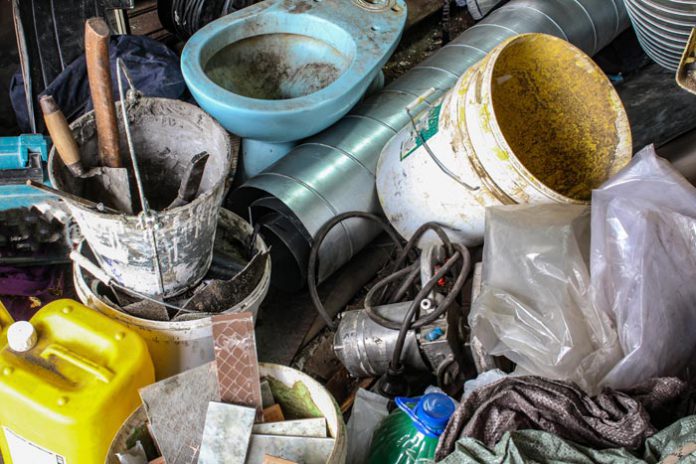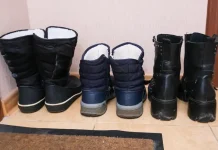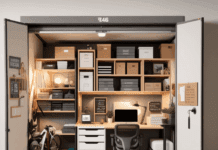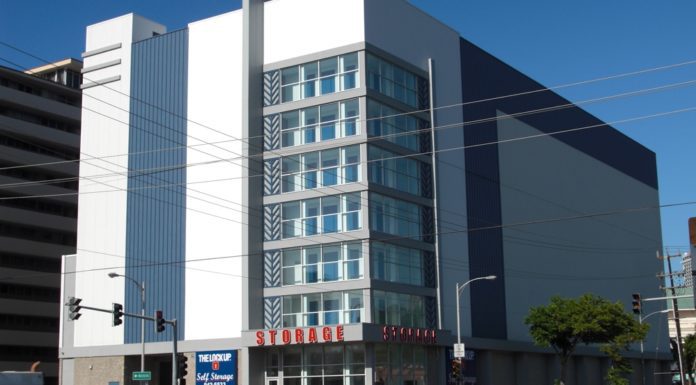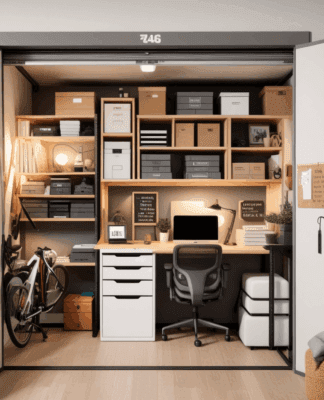Whether you’re looking to declutter your home, are downsizing to a smaller place, or need some help with a move, self-storage units are a great commodity. They’re a convenient, easily accessible, and affordable way to make the most out of your space without having to get rid of all your items in the process. Even businesses can benefit from self-storage units, as they can house excess inventory, paperwork, and reduce office overhead. While it may be tempting to start packing up everything you want to put in your self-storage unit, there are some things that you need to keep at home (or in the appropriate storage area). Whether you have a self-storage unit for personal or business use, understanding what not to store can save you time, money, and potential safety risks.
Why Do Self-Storage Restrictions Exist?
Many self-storage facilities are subject to certain restrictions by local, state, and federal law. These measures are kept in place for a variety of reasons, some of the most common including the following:
Safety Concerns
If self-storage facilities allowed certain materials, it could pose a safety risk if not stored properly or if there was an accident. This is one of the biggest reasons that self-storage restrictions exist. To mitigate any potential safety-related risks, many jurisdictions have regulations in place to ensure that certain materials are stored safely and securely, not in self-storage units.
Environmental Regulations
Self-storage facilities are also often subjected to environmental regulations, particularly if they’re located near protected areas or bodies of water. These regulations may dictate the types of materials that can be stored on the premises, how those materials must be handled, and how waste must be disposed of.
Security Concerns
Finally, while many self-storage facilities have safety measures in place, it’s important to avoid storing extremely valuable items or money as an added safeguard. Therefore, facilities may be subject to regulations aimed at preventing theft, vandalism, and other forms of crime. These regulations may also require the use of security cameras, alarms, or other measures to protect the property of tenants.
9 Things You Can’t Put in a Self-Storage Unit
Although it can seem frustrating, self-storage facilities have strict guidelines on what can and cannot be stored for both safety and liability reasons. To make sure that you’re operating within the parameters of your contract or lease, regardless of it’s for personal or business use, consider some of the most common things that you cannot put in a self-storage unit.
1. Hazardous Materials
This should go without saying, but hazardous materials are strictly prohibited inside of self-storage units. Anything that’s combustible, flammable, or toxic poses a threat to the facility and the belongings of other tenants. In fact, several moving companies also refuse to transport these types of objects, as the liability is simply too great. Some of the most common hazardous materials that should be kept out of your unit include the following:
- Gasoline
- Kerosene
- Compressed gas
- Propane tanks
- Paint
- Paint thinner
- Grease
- Fertilizer
- Fireworks
- Acid
- Oil
- Chlorine bleach
- Acetone
- Certain household cleaners
2. Food or Perishable Items
Storage units are not the place to store any type of food or perishable items. Even in a climate-controlled self-storage unit, the temperatures aren’t low enough to keep things fresh. This means that food left for even a few days can quickly rot and become a magnet for pests, facilitate mold and mildew, and cause unpleasant odors to drift through the facility. Even most canned foods should be stored at home, but some facilities may allow certain types of non-perishable items in your storage unit. To make sure that you’re adhering to the rules of your facility, always ask the property manager about any non-perishable items you’re unsure of.
3. Car Tires or Unregistered Vehicles
Although some self-storage facilities are equipped for vehicle storage, there are certain parameters that need to be met ahead of time. For one, you need to make the necessary preparations to store your vehicle safely (i.e., winterized). You’ll also often need to remove the tires ahead of time. Tires are a huge fire risk and can be expensive to dispose (if the unit is abandoned). Your vehicle also needs to have the proper registration and insurance coverage for the time that it will be kept at a self-storage facility. This applies to cars, RVs, boats, motorcycles, or any other vehicle you plan to store.
4. Wet Items
Your self-storage unit is a great place for kayaks, scuba gear, summer clothing, or beach accessories, but avoid putting anything that’s actively wet inside. It’s important that everything is thoroughly dried prior to going into self-storage, as wet items can facilitate the growth of mold and mildew. Plus, leaving wet items in an enclosed space, regardless of if it’s climate-controlled or not, will increase the likelihood that your things get ruined. Give your items plenty of time to air dry or wipe down hard surfaces with a towel before you close the doors.
5. Firearms or Weapons
Weapons are another item that are strictly prohibited in self-storage units. This includes firearms, hand grenades, and even ammunition. It’s illegal to keep them inside a storage unit, so doing so can have some serious repercussions. Weapons are a liability and can put several parties in danger. If you own a firearm or other legal weapon, make sure that you safely store it at home, in a place that’s locked and/or out of the reach of children.
6. Illegal Goods
If, for some reason, you’re in possession of illegal or stolen goods, don’t even think about putting them into a self-storage unit. Most facilities are well monitored and work in collaboration with law enforcement to reduce the risk of criminal activity on site. If they suspect you’re storing something illegal, they will call the police.
7. Irreplaceable Belongings
While there are several measures in place to reduce the risk of theft, vandalism, or accidents that could ruin belongings, self-storage units are not 100% risk-free. If you have something that you absolutely can’t live without or could never replace, don’t put it in your self-storage unit. If it’s small, you may want to consider putting it in a safety deposit box. Otherwise, storing it at home gives you more control over it’s safe keeping. However, self-storage units are great places for antique furniture or collections that are getting a bit too big for your house.
8. Money or Important Documents
Although a popular choice for many TV criminals, money is among the list of prohibited items to keep in your self-storage unit. If you’re looking for a safe place to keep your cash, opt for a safety deposit box, not a 10×10 self-storage unit. The same applies to important documents. Although many storage facilities are secure, you should take the highest precaution with these types of items.
9. Anything That’s Living (or Dead)
Another thing that’s usually illegal to keep in storage units are living creatures. This could include small pets, plants, or anything that used to be alive. Although it should go without saying, please do not keep people, animals, flowers, plants, or any kind of dead organisms in your self-storage unit. This often also includes ashes, whether they be human or animal.
Violating the laws that dictate what can and can’t be safely stored in your self-storage unit can result in potential issues, fines, or legal action. However, all self-storage facilities are different based on location, safeguards, and more. When signing up for your self-storage unit, make sure you understand the parameters of your lease to avoid issues and always ask the facility manager if you have any questions.
Although it can seem like there’s an extensive list of prohibited items, self-storage units are a great place for excess furniture, appliances, seasonal décor, antique furniture, clothing, and more. To help achieve your storage needs, The Lock Up Self Storage provides both short- and long-term self-storage options in cities across the country. All of our units are temperature-controlled and climate-controlled to keep your items in the best condition possible. To give you the peace of mind you need, our facilities are equipped with top-of-the-line security monitoring including security-controlled gate access, motion-sensitive lighting, 24-hour camera monitoring, and perimeter alarms. Many of our locations offer electronic coded access specific to each tenant. To learn more about the pricing, sustainability, or to find a storage unit near you, call us at 1-866-327-LOCK today!

